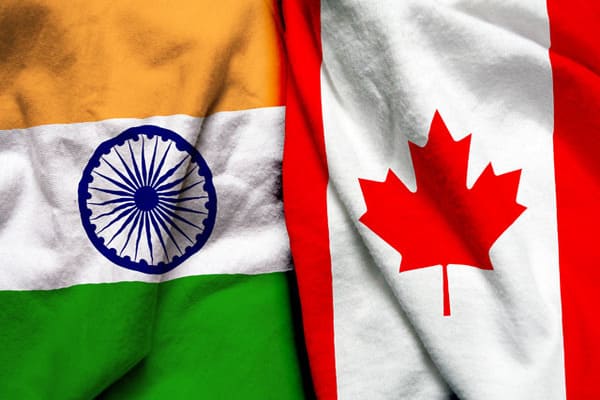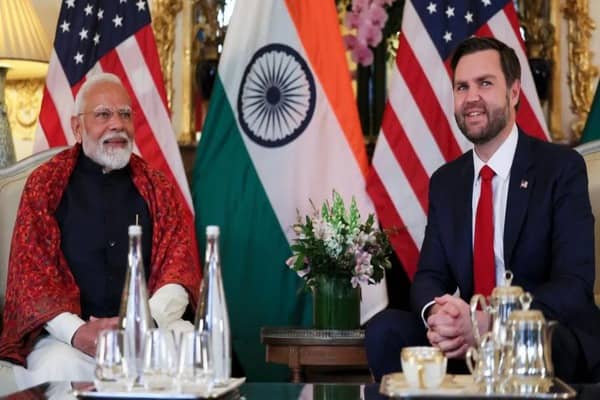Indian authorities have launched an investigation into alleged links between several Canadian colleges and two entities based in Mumbai, accused of facilitating human trafficking and illegally helping students cross the Canada-U.S. border. The investigation follows the tragic death of Jagdish Baldevbhai Patel, 39, and his family, who were found dead near a Manitoba-U.S. border crossing on January 19, 2022. Indian officials claim that the Patel family, along with others, were charged exorbitant fees to be illegally smuggled from Canada into the U.S. The family’s deaths, which occurred while attempting to cross the border on foot in freezing temperatures, sparked the investigation.
Last month, a Minnesota jury convicted Steve Shand of Florida and Harshkumar Patel, an Indian national, on charges related to human smuggling. Patel coordinated a trafficking operation, while Shand was a driver for the migrants being transported. Of the 11 migrants Shand was transporting, only seven survived the journey. In response to the Patel family’s death, Indian law enforcement officials began investigating Bhavesh Ashokbhai Patel, who allegedly arranged the family’s illegal travel. The family is said to have paid between $93,000 and $102,000 each to be smuggled into the U.S. through Canada. According to the Enforcement Directorate, Patel arranged for individuals to be admitted to Canadian colleges, obtaining student visas for them, but the students never attended the colleges. Instead, they crossed into the U.S. illegally. The fees paid for college admissions were reportedly refunded once the individuals did not enroll.
The investigation has led to searches in Mumbai, Nagpur, Gandhinagar, and Vadodara. The Enforcement Directorate claims that Bhavesh Patel’s network, which involves over 1,700 agents across India, is responsible for sending about 25,000 students annually to Canada through illegal channels. The network is said to have agreements with approximately 112 Canadian colleges, with over 150 colleges involved in some capacity. The case, known in India as the Dingucha case (named after the family’s village in Gujarat), highlights a broader issue of illegal immigration networks, with authorities estimating that about 25,000 students are referred to Canadian colleges annually by the entities involved. Investigations also show that 1,700 agents operate in Gujarat, and 800 are active.
Anil Pratham, a former senior police official in Gujarat, mentioned that his team began investigating the case in early 2022 by examining student documents and reaching out to local villagers for assistance. The investigation took nearly three years, with efforts to identify victims and agents involved in the illegal operation. Pratham emphasized the importance of using legal routes for studying or working abroad. The investigation’s revelations come amid growing tensions between Canada and India, following Canada’s accusations that India targeted Sikh activists in Canada. Furthermore, the U.S. has voiced concerns about border security, especially regarding migrants and drugs crossing illegally. The U.S. President-elect has even threatened tariffs on Canadian goods unless Canada takes stronger action to control its border.
In a related development, Canada expelled six Indian diplomats in October, accusing them of using their diplomatic status to gather intelligence on Canadian nationals and aiding criminal gangs targeting these individuals.



